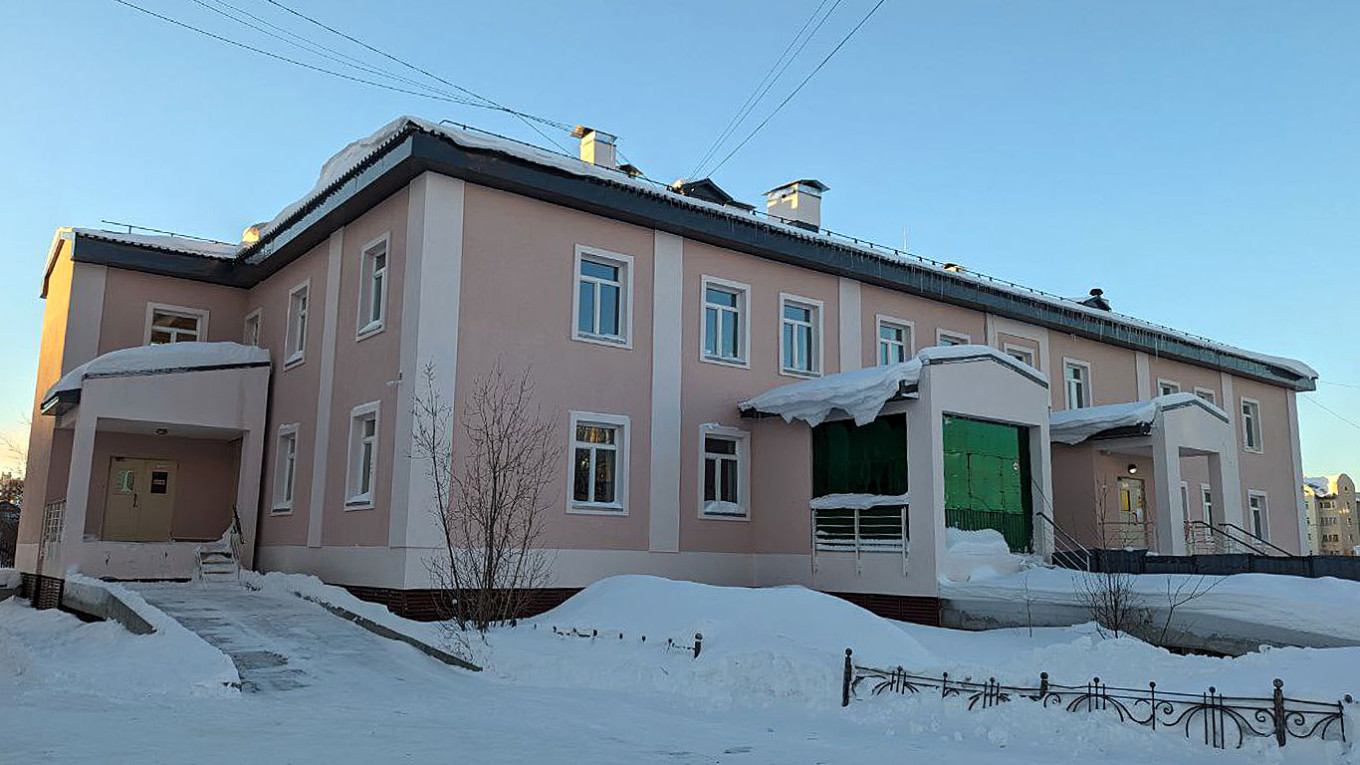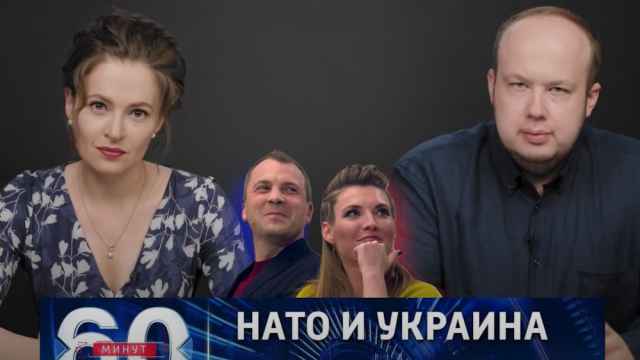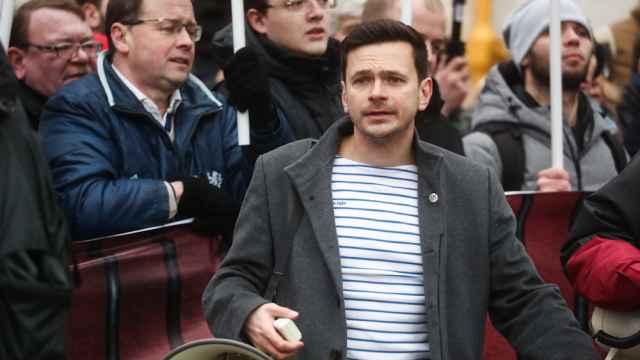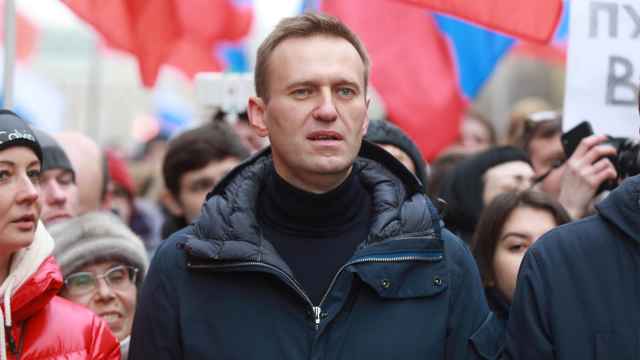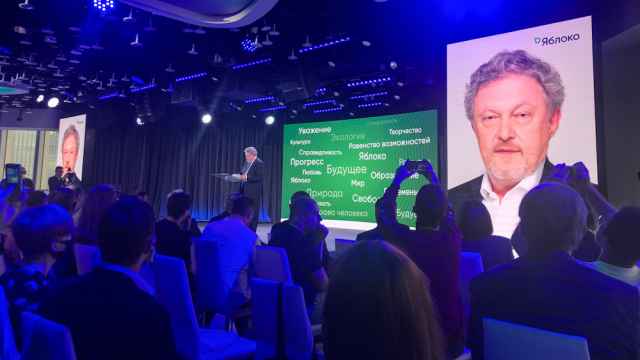Russian investigators have told the mother of late opposition leader Alexei Navalny and his lawyers that the investigation into his death in prison "has been extended,” Navalny's spokeswoman said on Monday.
"The cause of death is still 'undetermined’,” Navalny’s spokeswoman Kira Yarmysh wrote on X.
“They're lying, playing for time and do not even hide it,” Yarmysh added. “It is not known how long [the investigation] will continue.”
Navalny's mother and lawyer were told on Saturday he died of "sudden death syndrome" — a vague term with no specific medical meaning, Yarmysh said at the time.
The Kremlin on Monday said it was not responsible for handing over Navalny’s body to his relatives and once again lashed out at critics blaming Putin for his death.
"It's ongoing, all the necessary actions are being carried out," Kremlin spokesman Dmitry Peskov told reporters when asked about the investigation, adding that Moscow considered a series of "blatantly vulgar statements" about Navalny's death to be "absolutely unacceptable."
The 47-year-old Kremlin critic died on Friday at the Arctic prison colony where he was being held on charges widely seen as retribution for his campaigning against President Vladimir Putin.
Russian authorities had still not given Navalny's mother or lawyers access to his body, enraging his backers who had earlier called the Russian state "killers" trying to "cover their tracks."
Putin has not commented on the death of his most vocal critic and the Kremlin has not said anything since Friday evening when it criticized Western leaders for saying they held Putin responsible.
Navalny’s mother Lyudmila and lawyers were refused access to the morgue where they were told his body is kept, Yarmysh said earlier Monday.
The independent news website Mediazona meanwhile published security camera footage of what it said was a midnight convoy possibly transporting Navalny’s body on the night of his death.
The death of Navalny, a former lawyer, robs the disparate Russian opposition of its most charismatic and courageous leader as Putin prepares for an election that will keep him in power until at least 2030.
AFP contributed reporting.
A Message from The Moscow Times:
Dear readers,
We are facing unprecedented challenges. Russia's Prosecutor General's Office has designated The Moscow Times as an "undesirable" organization, criminalizing our work and putting our staff at risk of prosecution. This follows our earlier unjust labeling as a "foreign agent."
These actions are direct attempts to silence independent journalism in Russia. The authorities claim our work "discredits the decisions of the Russian leadership." We see things differently: we strive to provide accurate, unbiased reporting on Russia.
We, the journalists of The Moscow Times, refuse to be silenced. But to continue our work, we need your help.
Your support, no matter how small, makes a world of difference. If you can, please support us monthly starting from just $2. It's quick to set up, and every contribution makes a significant impact.
By supporting The Moscow Times, you're defending open, independent journalism in the face of repression. Thank you for standing with us.
Remind me later.


